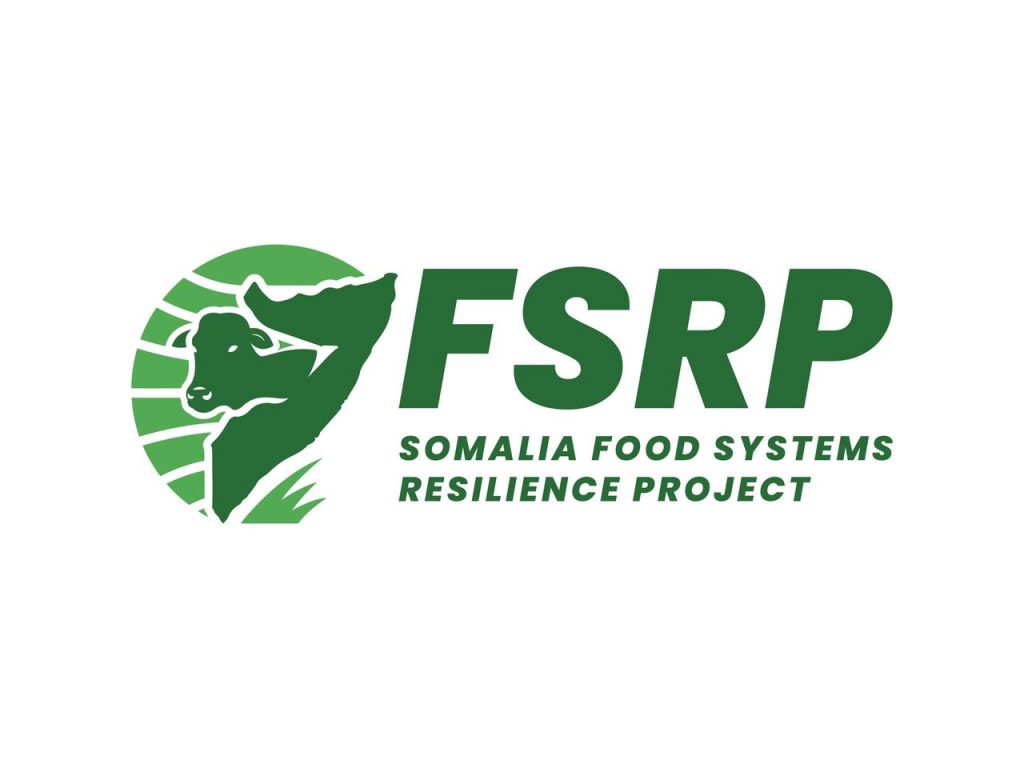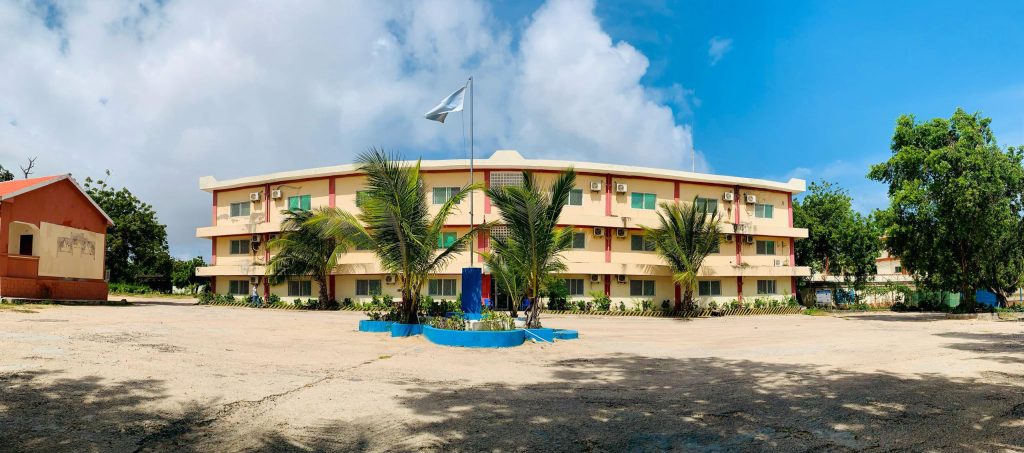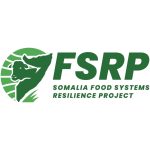1. Introduction
1.1 Background
Somalia’s seed sector is vital for agricultural growth, food security, and rural livelihoods, yet it continues to face a range of systemic challenges. Supply and demand remain imbalanced, with farmers often lacking timely access to quality seeds while imports and humanitarian distributions dominate the market. Pricing is volatile, creating affordability barriers for smallholder farmers, while distribution networks are fragmented and largely informal, leading to inefficiencies and limited market reach. In addition, weak value chain linkages and inadequate infrastructure for production, storage, and marketing further constrain sector performance. Despite recent seed sector assessments by MoAI and partners (e.g., country study, SeedSAT, Seed Performance Index), comprehensive Seed Market Analysis has not yet undertaken. The absence of reliable data on supply, demand, and pricing trends limits evidence-based policymaking, private investment, and regulatory oversight.
1.2 The Ugbaad Project (GCF-Funded)
The Climate Resilient Agriculture in Somalia (Ugbaad) Project is a seven-year program (2024–2031), financed by the Green Climate Fund (GCF) with a grant of USD 79.7 million and implemented by FAO in partnership with the Federal Government of Somalia. Ugbaad is Somalia’s first GCF-funded, single-country investment dedicated to strengthening agricultural resilience.
The project’s development objective is to enhance climate-resilient livelihoods and food security through:
- Restoration of 40,000 hectares of productive landscapes.
- Rehabilitation of irrigation canals and rural access roads.
- Improved access to water for over 900,000 people.
- Climate information services reaching nearly 1 million farmers and pastoralists.
- Strengthened institutional capacity to deliver climate-smart agriculture and seed system reforms.
The seed supply initiative under this ToR is part of Ugbaad’s component on sustainable input access and seed system strengthening. A Seed Market Analysis is critical to ensure that certified, climate-resilient seed supply is demand-driven, identifies market gaps and opportunities, supports SARIS and MoAI in aligning certification systems with farmer needs, and guides private sector engagement. This will enable Somali farmers to access reliable improved seed varieties, while building long-term demand and contributing to Ugbaad’s goal of climate-resilient agriculture and food security.
1.3 Rationale of Seed Market Analysis
A functioning seed system is critical for agricultural productivity, food security, and resilience. In Somalia, the sector faces multiple challenges, including limited availability of improved varieties with reliance on imports and aid, weak demand forecasting, volatile pricing that limits smallholder affordability, and fragmented value chains with infrastructure gaps.
The need for a Seed Market Analysis is urgent as Somalia enters a new phase of reform. SARIS has been established, the Seed and Plant Variety Law enacted, and a national research system created. At the same time, new crop varieties are being released, private seed companies are emerging, and a formal seed system is beginning to take shape. These developments make it essential to generate a robust evidence base on seed demand, supply, pricing, and value chain gaps to guide investment decisions and ensure reforms respond to actual market needs.
The Seed Market Analysis will provide critical insights into Somalia’s seed supply and demand dynamics, pricing trends, and value chain bottlenecks. Its findings will inform practical interventions to improve seed availability, accessibility, and affordability for smallholder farmers. The analysis will also support evidence-based planning for government, NGOs, and private sector actors, strengthen coordination among value chain stakeholders, and highlight investment opportunities to build a more resilient and sustainable seed system.
1.4 Purpose of this Terms of Reference (TOR)
The purpose of this TOR is to recruit qualified consultant to conduct a Seed Market Analysis in Somalia. The analysis will generate evidence on seed supply, demand, pricing and value chain gaos and provide actionable recommendation to inform MoAI, FMS, NGOS and private sector actors. The finding will support evidence-based planning, strengthen coordination among stakeholder, and identify investment opportunities to build a more resilient and sustainable seed system in Somalia
2. Objective of the Assignment
2.1 Overall Objective
The objective of this assignment is to conduct a comprehensive Seed Market Analysis in Southwest, Jubaland, and Hirshabelle States. The analysis will assess current seed supply, demand, pricing trends, and value chain gaps, and generate clear, evidence-based recommendations to improve the efficiency, accessibility, and competitiveness of Somalia’s seed sector within the project timeframe.
2.2 Specific Objectives
- Assess seed supply and demand dynamics in Southwest, Jubaland, and Hirshabelle States, with attention to crop preferences, farmer adoption, and seasonal demand patterns.
- Map the seed value chain (production, imports, distribution, and marketing), identifying key actors, market flows, and bottlenecks.
- Analyze seed pricing trends and affordability, including farmer access and willingness to pay for improved varieties.
- Identify institutional, regulatory, and infrastructural gaps affecting the seed sector, particularly in relation to SARIS, MoAI, and regional harmonization frameworks (EAC, COMESA, IGAD).
- Provide actionable, evidence-based recommendations to strengthen governance, improve competitiveness, and attract private sector investment in the seed market.
3. Scope of Work
The consultant, in collaboration with Research Department and SARIS, will undertake the following tasks:
a) Desk Review
- Review existing seed sector reports, legislation, and regional market studies.
- Benchmark Somalia’s seed market against IGAD, COMESA, and EAC frameworks.
b) Field Data Collection
- Develop the data collection tools
- Design and implement surveys with farmers, seed producers, agro-dealers, and distributors.
- Conduct training for enumerators on data collection to ensure accuracy, consistency, and high-quality field data.
- Lead and collect quantitative and qualitative data on seed availability, demand, pricing, and adoption.
- Ensure ethical standards, including informed consent and data confidentiality.
c) Stakeholder Consultations
- Conduct interviews with government agencies, private sector actors, NGOs, and farmer cooperatives.
- Facilitate focus group discussions in target regions.
d) Value Chain Mapping
- Map seed production, importation, certification, and marketing flows.
- Identify constraints in infrastructure, storage, transport, and distribution.
e) Market Analysis and Recommendations
- Analyze seed supply-demand trends and pricing structures.
- Develop recommendations for policy, regulation, and private sector investment.
- Prepare a consolidated market analysis report with actionable strategies.
Application Procedure
Interested candidates/consulting firms are invited to submit:
- A cover letter expressing interest and suitability for the assignment.
- Technical proposal outlining methodology and work plan.
- Financial proposal indicating consultancy fees and related costs.
- Curriculum Vitae (CV) of the lead consultant and team members (if applicable).
- Evidence of relevant assignments previously undertaken.
Applications should be submitted electronically to [email protected] and add CC: [email protected] no later than September 16, 2025. Only shortlisted candidates will be contacted.
NB: MoAI/SARIS may withhold or delay payments for late, incomplete, or substandard deliverables, while timely and satisfactory submissions may allow faster processing.





